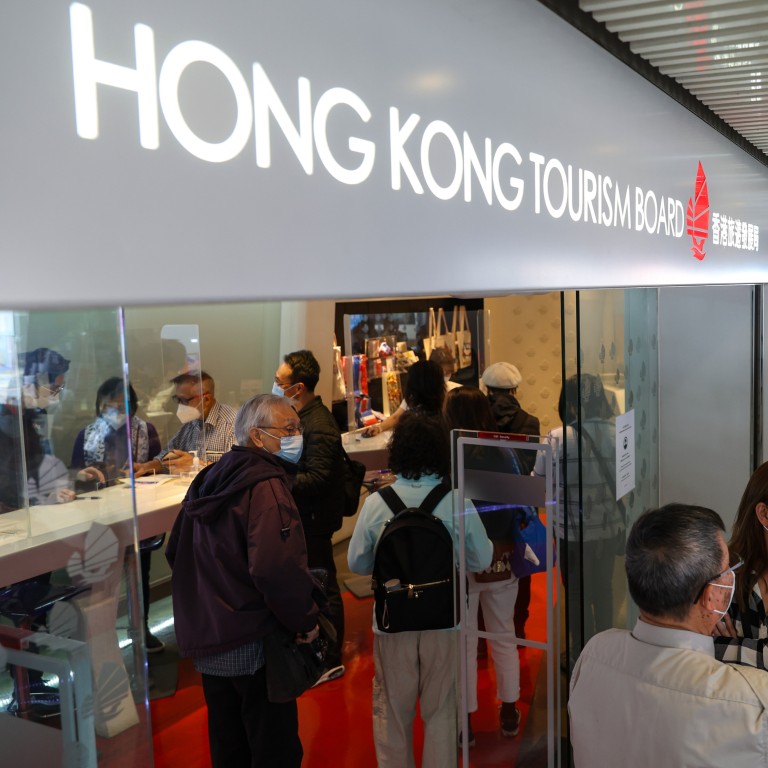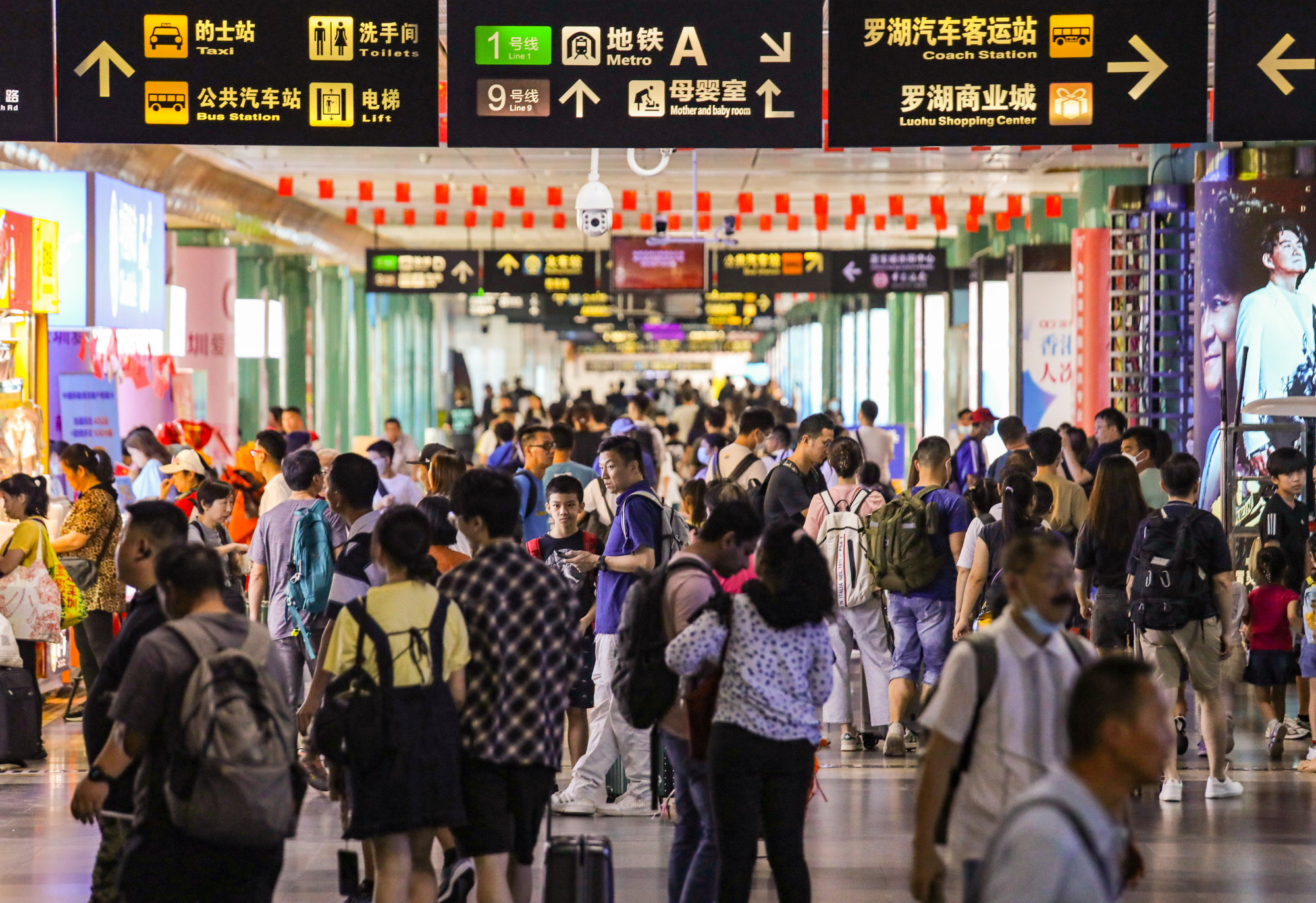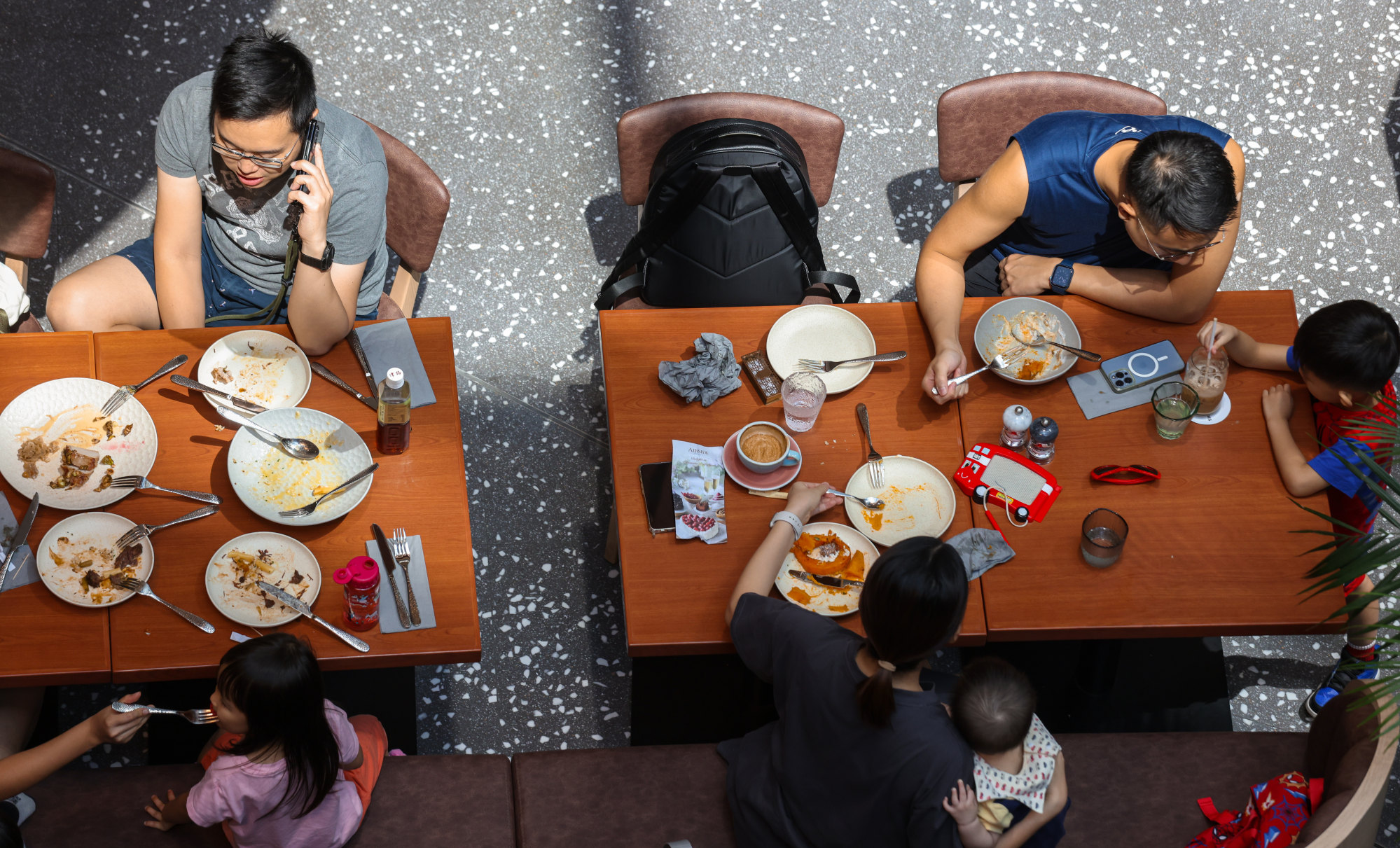
HK$20 million in dining vouchers not enough to beat Hong Kong restaurant business blues, industry leader says
- Authorities earlier announced they would distribute dining vouchers valued at HK$100 each to 200,000 Hongkongers
- Lawmaker Simon Wong says city needs to bring in more mainland Chinese visitors to boost economy
Hong Kong restaurants will get a jolt of relief from HK$20 million (US$2.6 million) in vouchers that tourism authorities plan to roll out to residents, but one industry leader has called the effort just a “small Christmas gift” and that more mainland Chinese visitors are needed to boost the economy.
Simon Wong Kit-lung, a lawmaker and the chairman of the Quality Tourism Services Association, on Thursday urged local authorities to speed up cross-border negotiations aimed at resuming multi-entry permits.
The Hong Kong Tourism Board earlier announced it would distribute the vouchers, valued at HK$100 each, to help more than 1,000 restaurants under the trade association. The first batch will be rolled out at 10am next Wednesday and the second on January 10.

“The vouchers are like a small Christmas gift for restaurants,” Wong told a radio programme.
“I do not think residents would make special arrangements to go out and dine solely because they want to use the vouchers, or change their travel plans and stay in Hong Kong for Christmas,” he said.
Wong hoped the government would put in effort on a policy level to attract more Shenzhen and Greater Bay Area residents by making it convenient for them to visit Hong Kong, as he felt the city has been “quiet”.

The bay area refers to Beijing’s initiative to integrate Hong Kong, Macau and nine mainland Chinese cities into an economic powerhouse.
Wong said authorities should revive the multiple-entry permit, which allowed Shenzhen residents to make multiple trips to the city.
Shenzhen authorities suspended the permit in 2015 amid backlash from Hong Kong residents over an influx of parallel traders, individuals who crossed the border into Hong Kong to buy goods and resell on the mainland, prompting Beijing to revise the policy to “one trip per week”.
A trend of Hongkongers making frequent trips to dine and shop in Shenzhen reflected “proactive” policies by the neighbouring authority to target the consumer groups, Wong said.
He suggested that the Hong Kong government should learn from its counterpart to work on a policy change.
Echoing Wong, Liberal Party lawmaker Peter Shiu Ka-fai, who represents the retail sector, said he had urged the government to reintroduce the permit, given an “urgent” need to boost the city’s flagging economy.
“Hongkongers have no limitations on trips to the mainland. That gives a feeling that we are merging well,” he said, adding that integration should go both ways for mainlanders.
The board last month rolled out HK$100 vouchers to 1 million visitors coming into the city, with a promotion on Chinese social media to attract mainland tourists.
The initiative was expanded to residents under the “Hong Kong Night Treats” campaign, allowing them to use the vouchers in the same bill for a meal with a minimum spend of HK$100 after 6pm.
Wong said the handout would have a limited effect in boosting restaurant receipts, but he expected businesses during Christmas would not experience a slump as some restaurants had already received full-house reservations for festive sets.

